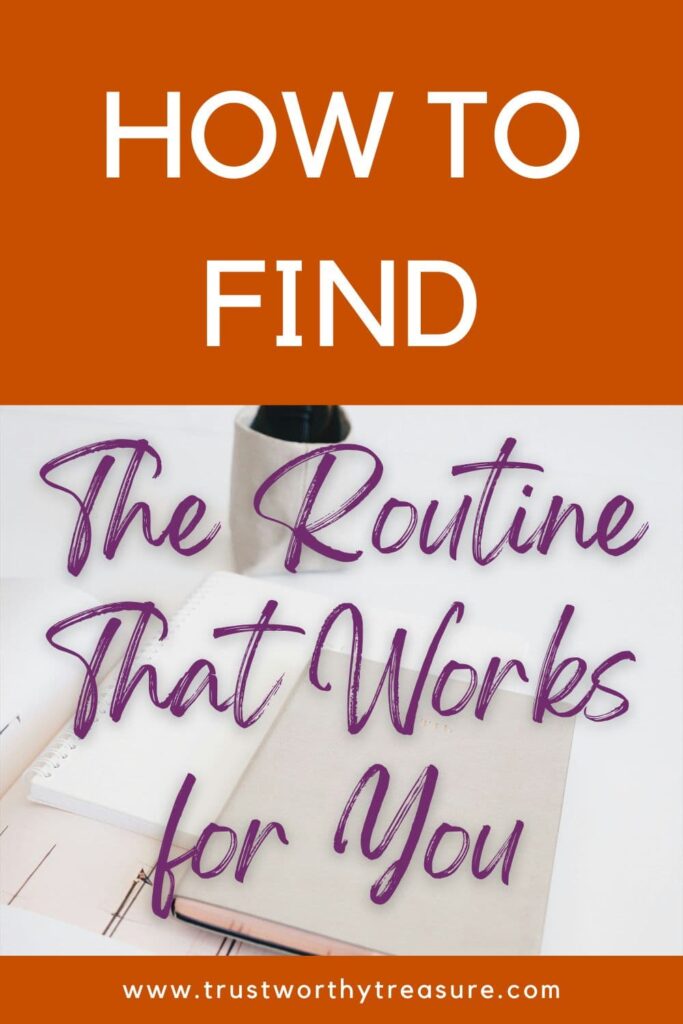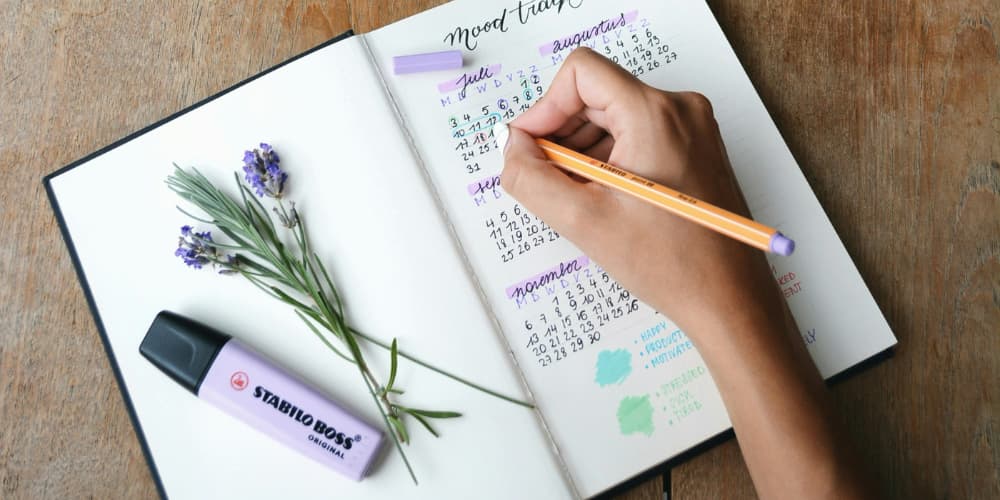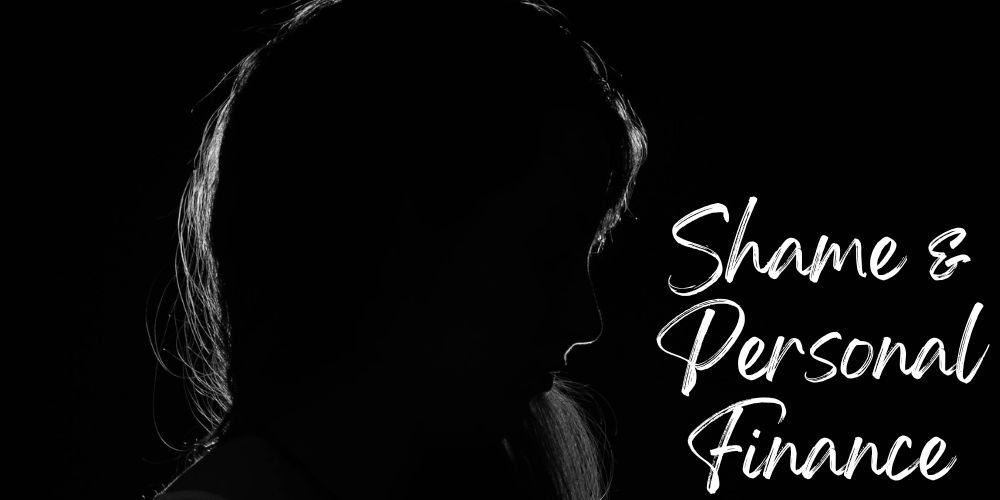I feel conflicted about alllll the ways to live a healthy and disciplined life. Every week there seems to be a new method or list of ways to help you become healthier or more disciplined.
While I value health and discipline, no one method will work for everyone. Personally, I have tried a variety of methods and tactics to become healthier and more disciplined. Some worked for me, some didn’t.
Whenever you’re trying to introduce a new routine, it’s important to know yourself and what your strengths and weaknesses are. New habits are hard to start, but figuring out the best method for you will help you see success.
There is an opinion on how each method is the best one
certain methods work really well for certain people
You just need to poke around to figure out which one will work for you.
I find this especially noticeable with budgeting and dieting.
Various weight loss programs work great for some people, while others struggle.
Certain budgeting methods work great for some, while others struggle to make sense of their finances with the same method.
Take an honest look at yourself and your current Routines
I’m guessing there is one area in your life that you know could use some help. Whether it’s functional, relational, or something else, there are always things we can be doing better.
What do you want to or need to improve on?
Maybe you start out with a general idea like improving your finances.
It’s demoralizing to try to make an overhaul in your life overnight.
So, it’s helpful to break this goal down to very manageable pieces.
First determine a specific goal.
Is it paying off all your debt? Investing a certain amount in retirement?
Have this goal in mind as you create a list or roadmap to break down the process into small pieces you can begin implementing everyday.
Your plan may look something like this:
Goal: Pay of all debt (except the house) in 3 years so I can save for retirement
- Create a folder on my computer to track finances
- Create a spreadsheet to list out all of my debt. Determine all the information I need to track the debts
- Log into all of my accounts to find the balances of each debt and record them in my spreadsheet
- Create a Budget
- Determine what method I want to use to pay off my debts
- Attach deadlines to each debt I want to payoff
- Adjust as needed
- Decide how much I want to be saving for retirement when I’m debt free
- Decide on a timeline to pay off the house

Find the method that will work best for you
This doesn’t mean starting the new habit or goal will be easy to achieve. Changing habits is difficult.
Just because you create a step by step plan on paper doesn’t mean it’s simple to implement in real life.
In the example above, there are a lot more day to day changes that need to occur in order to pay off debt and save for retirement.
Making those changes will mean adjusting spending patterns. If you are someone who thrives on goals and checklists, it may be helpful to break each step down into simple actions for the day or week.
Three of the most common types of debt payoff methods I have seen are Snowball method, Avalanche method, and 50/20/30 Method. You will find someone online who claims each is the path to financial victory.
I think the reality is that each one can work. You just have to consider which one is likely to work best for your life and stick with it.
Developing a new routine- And sticking to it
Figure out the habits and tactics that will be sustainable for you personally, even if they take longer to implement and see results.
Who Else does this new habit impact?
If you want to lose weight, your daily meals will change. If you are married and have a family, this is going to impact those people in your life.
Have you tried introducing this new habit before?
Have you tried getting out of debt or losing weight before, only to end up in the same place weeks or months later?
What worked well?
Even if you didn’t accomplish your goal, what resonated with you or was easy to do? Build on that as you introduce your new habit.
What didn’t work well?
What eventually led you to a place where you still need to fix the problem in your life? What are guardrails you can put in your life to prevent this happening again?
Do you actually want to start this habit or feel like you should?
You want to start a new habit
If it’s a habit you want to start, then write down in your planner or journal a list of reasons why you want to start this new habit. Or, talk it out with a friend, spouse, or family member. Having a clear reason why you want to start a new habit makes a huge difference.
I recently decided to try intermittent fasting. Anecdotally, I heard that people had more energy while fasting.
I need to make a life change to have more energy. Due to some health issues, I have very low energy.
Unfortunately, I only made it a few days because I was so exhausted. I plan to look into other options to gain more energy.
You feel like you should start a new habit
If it’s a habit you feel like you should start, it will be helpful to explore that feeling. Identify why you feel like you should start the habit and bring it before the Lord.
If it’s a serious issue, you may need to take action before feeling like you want to start the habit, but it’s still worthwhile to consider your thoughts and feelings on the matter.
Has someone suggested you start a particular habit? What was their reasoning?
Maybe your spouse really wants to prioritize paying off debt. That is a huge issue to address and will take both of you being on board and a lot of habit changes.
Even if you don’t want to make the changes, it will help you move forward to figure out how to be on the same page with paying off debt.
Do you need to live a healthier lifestyle?
A fad diet might help you lose weight immediately but is not usually sustainable.
Maybe you need to pay off debt and start saving, but getting a personal loan to consolidate the debt is only putting a bandaid on the problem.
While there is nothing inherently wrong with fad diets or debt consolidation, they are short-term solutions. Real change only comes from new habits and ways of living.
How do you introduce a new way of living?
In our culture, I think we tend toward extremes. On a personal level, I have also seen this play out in myself and with others I know.
It’s tempting to decide to lose weight so you decide to do a keto diet. While this diet may help you shed the pounds quickly, it is not often sustainable for many people.
Make the Decision then Make SMALL changes
What I have personally found is that planning a change in my life then making small adjustments over time is much more sustainable.
I remember the first time after I was living on my own that I decided I wanted to eat healthier. I was in college and eating junk a lot of the time.
After I made that decision, I researched cheap and healthy foods right away. I then went to the grocery and picked up some of those foods.
While I did immediately jump in, I did start making a plan for when I would go to the grocery and what I would buy. This helped tremendously.
During this time, I started trying out ways of eating healthier and grocery shopping that I still use to this day. This was over 10 years ago.
Decide on a method and give it a try
Whether it’s a diet, exercise routine, budget, etc., consider what will work best in your life. If it doesn’t work out, then adjustments are fine to make.
However, committing to small changes is a lot easier than making a big overhaul.
Back to my experience with intermittent fasting – While I barely gave it much of a chance, it has motivated me to consider other methods of increasing energy in my life.
Things I’ve tried that worked well
Finances– I have found this method of budgeting to be the simplest while making me the most aware of my spending habits. There are many budgeting apps, which may work for some people, but I prefer using a spreadsheet and keeping an eye on transactions.
Healthy Eating – Focusing on healthy foods (generally veggies, fruits, and protein) while also enjoying deserts to the fullest. This starts with my grocery list. You can check out how stay organized and save money on groceries.
Exercise – I started running in college when a friend of mine convinced me I should exercise. It took ages for me to actually enjoy this activity. However, I created a schedule and didn’t even measure my distance or time for a couple of years. I judged my workout on my sweat 😂
I have run at different times in the day depending on my stage of life. Right now I run and workout in the early mornings before work which is when I enjoy doing it the most.
Prayer – I struggled for ages to have a consistent prayer life. I finally created a doc on my phone with each day of the week and a list of people and things to pray for each week. I now go through my prayer points on my way to work.
Mindfulness – Gratitude tracking has been very helpful for me. I do this in my planner. I have started to learn to slow down. I have been go, go, go for years and I think it has caught up with me in a variety of ways.
Things I’ve tried that were not sustainable (For Me)
These are things I’ve tried that didn’t work for me. That doesn’t mean they won’t work for you!
If it’s an area you want to change, it’s worth it to give it a try if other methods haven’t worked for you.
Finances– Having our emergency fund at a separate institution from the rest of our savings. For my husband who isn’t as into our finances as I am, this created some confusion between us.
Healthy Eating – I’ve tried Keto and tried intermittent fasting. I didn’t mind keto, but I found it was not sustainable. As soon as we went to someone’s house for dinner, or just got tired of eating meat and dairy, I was a bit over it. I tried intermittent fasting for a week and was so tired, I gave up very quickly.
Exercise – Pushing myself too hard. I have had some very minor injuries from over-exertion. I would rather know I can keep exercising than risk injuring myself. I think this is probably easier for me as I have never played competitive sports.
Prayer – Prayer journaling and prayer cards. While I have used these methods on and off, I have never been consistent with them.
Mindfulness – As silly as it sounds – not giving myself breathing room in life. I was extremely busy for over a decade with very little downtime from week to week. I never made the time to think or reflect, or be grateful, because I was so focused on the next thing.
Each person is unique
What works for someone else, may not work for you. Alternatively, you may need to combine a few methods to find the right way to introduce a habit to your life.
It’s helpful to remember that we are each created by God individually.
Everyone has their challenges and unique ways of doing things.
The challenge is finding the path best suited to you to start the habit and make the life change you want.
Here are some verses to serve as a reminder of your individuality:
Psalm 139:13-14 – For you created my inmost being; you knit me together in my mother’s womb.
Ephesians 2:10 – For we are God’s handiwork, created in Christ Jesus to do good works, which God prepared in advance for us to do.
1 Corinthians 12:18-30 – But in fact God has placed the parts in the body, every one of them, just as he wanted them to be.
Have grace with yourself
It can be very discouraging to forget a new habit multiple days in a row.
Whether it’s a new habit or an old habit, I try to have grace with myself for missing a day or a few and just get back to it – even if it means taking a few steps back.



